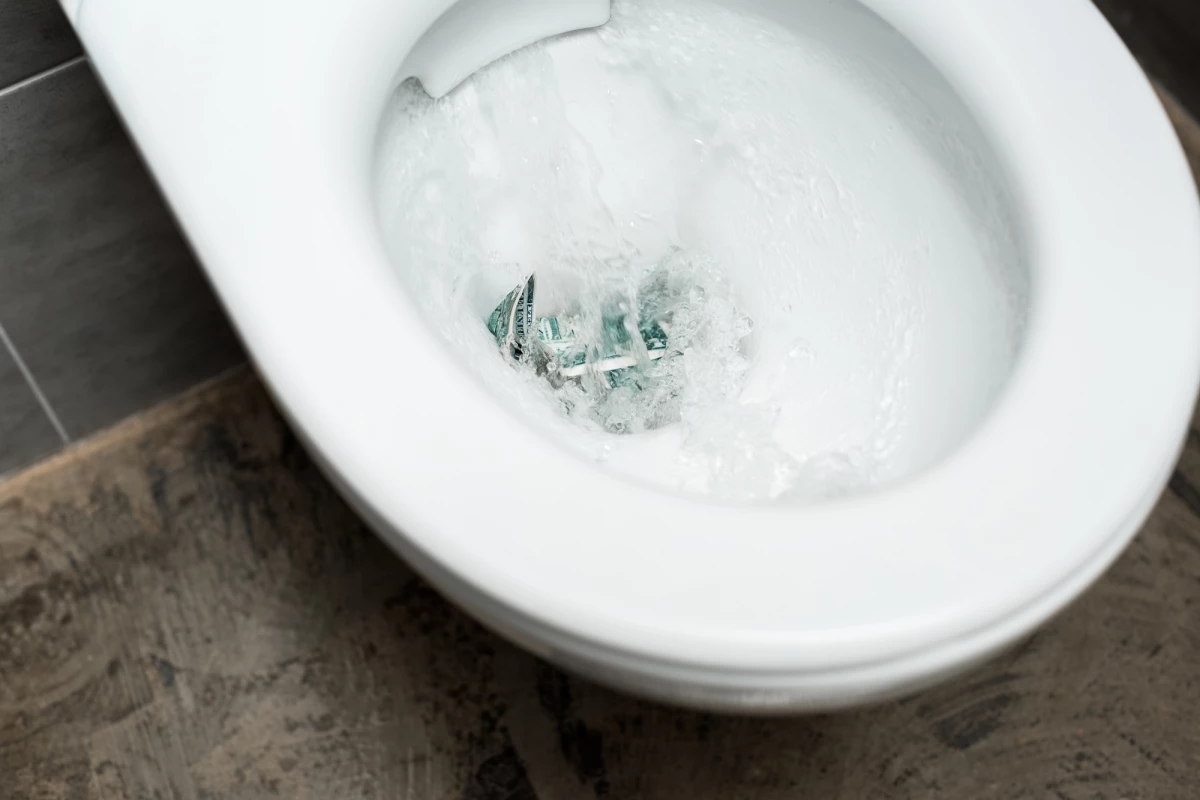There is a lot gastroenterologists can tell about a patient's gut health by analyzing their stool and looking out for irregularities that could be signs of conditions like inflammatory bowel disease or irritable bowel syndrome. A new technology developed at Duke University could automate much of this process, by working in existing toilet systems and using artificial intelligence to scan and classify feces as they are flushed through.
As unpalatable is it might seem, for years researchers have been entertaining the idea of using smart toilets or even smart toilet paper to swiftly gain a snapshot of our stool. Profiling the contents of these samples could improve our understanding of the bacteria living inside our gut, while a smart toilet being developed at Stanford University extends this kind of thinking to urine as well, analyzing both forms of human waste to uncover potential signs of disease.
The Smart Toilet technology at Duke University is focused solely on number twos. It is designed to be installed in the pipes of existing toilets and collect images of stools that pass through. An artificial intelligence algorithm was trained on more than 3,000 images of unique stools, all of which had been classified by gastroenterologists as loose, normal, constipated and whether there was blood present.
The algorithm was then able to analyze the images on its own and accurately classify the stool 85 percent of the time, and detect blood accurately 76 percent of the time.
“We are optimistic about patient willingness to use this technology because it’s something that can be installed in their toilet’s pipes and doesn’t require the patient to do anything other than flush,” says Sonia Grego, a lead researcher on the study. “This could be especially useful for patients who may not be able to report their conditions, such as those who live in a long-term care facility.”
While only in prototype form, the researchers are optimistic about where their work could lead, and already have some ideas around how to improve the Smart Toilet technology. This includes integrating sampling mechanisms to analyze biochemical markers for highly specific disease data.
“Typically, gastroenterologists have to rely on patient self-reported information about their stool to help determine the cause of their gastrointestinal health issues, which can be very unreliable,” says Deborah Fisher, a lead author on the study. “Patients often can’t remember what their stool looks like or how often they have a bowel movement, which is part of the standard monitoring process. The Smart Toilet technology will allow us to gather the long-term information needed to make a more accurate and timely diagnosis of chronic gastrointestinal problems.”
The research was presented over the weekend at the Digestive Disease Week 2021 virtual conference.
Source: Duke University




